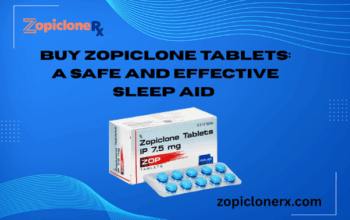Sameer Suhail: The Barriers the Needy Face When Accessing Healthcare
Sameer Suhail has always believed that healthcare is a fundamental human right. It is essential for the well-being of individuals, families, and communities. Access to quality healthcare is essential for maintaining good health and preventing disease. There are many different innovations that are being developed in this field, from vaccines and preventative screenings to innovations that allow for better coordination between healthcare providers and patients. Additionally, a strong community can help to support individuals by providing education about healthy lifestyle choices and supporting those who need care the most. Overall, access to quality healthcare is crucial for ensuring overall well-being and promoting good health for all members of our communities.
Good health is necessary for sustainable development and contributes to poverty reduction. Yet, millions of people around the world do not have access to quality healthcare services. Moreover, inequalities in health status and care contribute to social injustice and undermine economic growth.
The many obstacles to healthcare access
One of the biggest challenges in bringing healthcare to underprivileged communities is the lack of access to care. This can be due to a number of factors, such as transportation issues or lack of insurance. Cultural differences can also be a barrier to care. Community members may have different beliefs about health and illness, and may not be willing to seek care from a Western medical provider. Finally, limited resources can make it difficult to provide quality care. There may not be enough funding to hire qualified staff or purchase necessary supplies and equipment. Providing quality care can be difficult when resources are limited. When budgets are tight, it can be hard to justify spending on extras like new equipment or software. And when staff is overworked, it can be tough to maintain high standards.
Underprivileged communities often lack access to quality care. This can be a major problem, as it can lead to a host of other issues. Families may struggle to keep up with medical bills or manage chronic conditions without access to care. This can lead to increased stress levels and poorer overall health. In some cases, it can even lead to serious financial problems. Many people do not have insurance, and even if they do, they may not be able to afford the deductibles and copayments. In addition, there may be no doctors or clinics nearby, mentions Sameer Suhail.
Language barriers can make it difficult for people to get the medical care they need. Even if there is a doctor who speaks their language, they may not be able to understand medical jargon. Cultural differences can also make it difficult for people to get the care they need. For example, some cultures believe that illness is a punishment from God and that seeking medical help is futile.
The right approach to healthcare delivery
Accordint to Sameer Suhail, limited resources can make it difficult for underprivileged communities to get their care. For example, there may not be enough money to pay for transportation to and from doctors’ appointments.
Despite these challenges, bringing healthcare to underprivileged communities is possible. One way to successfully accomplish this is by providing free or low-cost clinics. Another way is to provide mobile health units that go into communities and provide care.
With the right approach, it is possible to improve the lives of those who live in these communities.
Tags: healthcare, health, care, poor, poverty, area, community, Sameer Suhail, medical, medical care, about, facts, updates, news, info, information




